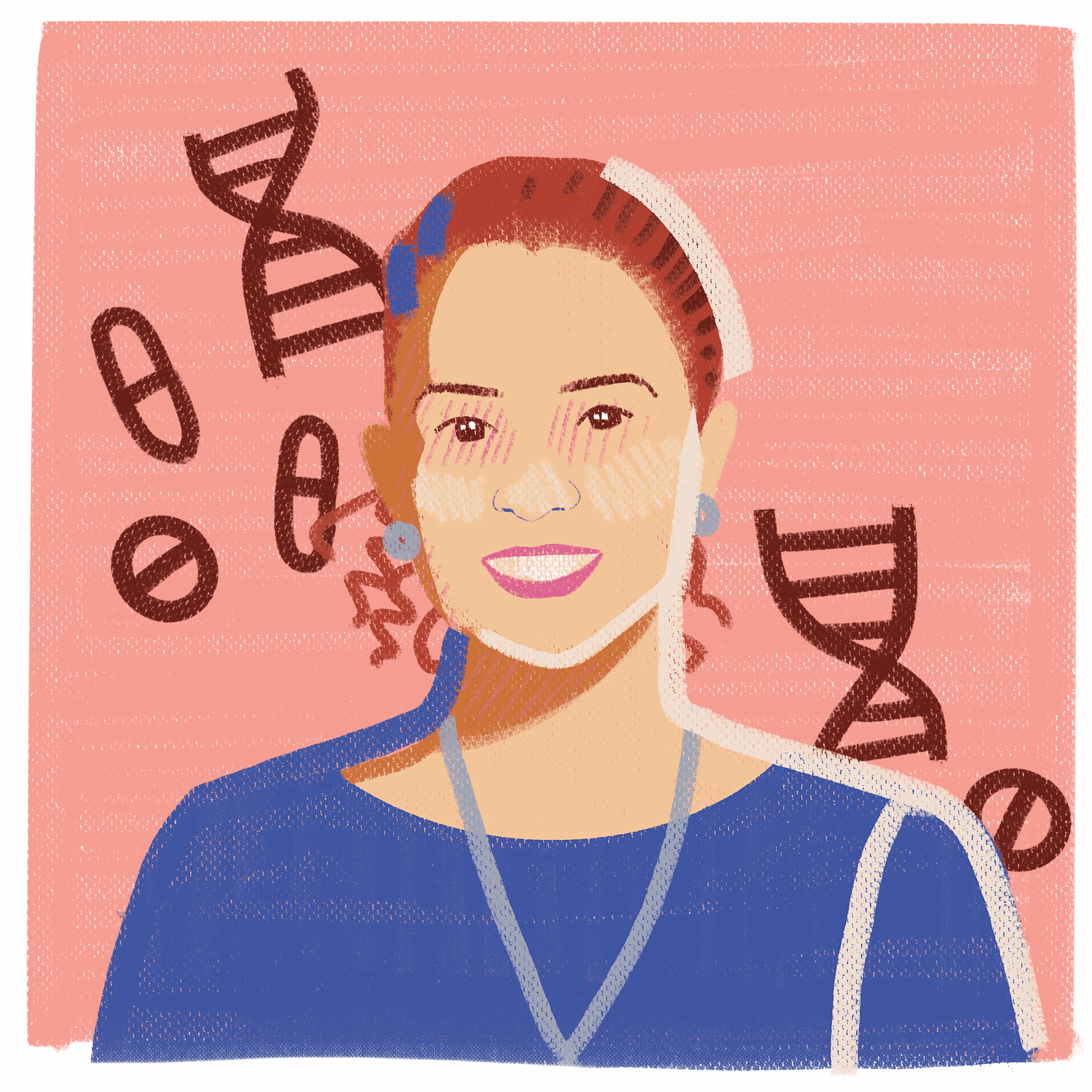Professor Maria Inês Schmidt

Maria Inês Schmidt serves as a Full Professor at the Department of Social Medicine at the Universidade Federal do Rio Grande do Sul, and a researcher in the Graduate Program in Epidemiology at UFRGS. She served as a fellow in the area of pediatric endocrinology at Johns Hopkins Hospital, and then moved on to pursue a master’s and a PhD in Epidemiology at the University of North Carolina, USA. At Hopkins, in the late 1970s, she described the dawn phenomenon as a determinant of glycemic instability in people with diabetes, whose causes and treatment she investigated during her doctorate in North Carolina.
In the early 1980s, she came back to Brazil to develop research on public health, as she anticipated that diabetes and obesity that would be rife. Together with her research groups, she conducted population studies on diabetes, gestational diabetes, chronic diseases, obesity, metabolic syndrome, among others. She advised dozens of graduate students and produced more than 300 publications with her group. She has also contributed to the national and international guidelines on diabetes, for example, as she was a member of the World Health Organization’s committees on diabetes. She currently serves as a member of the Lancet Commission for diabetes.
Maria Inês is recognized all over the world, having won some awards and distinctions, including the Conrado Wessel Foundation. The professor is a member of the Brazilian Academy of Sciences (ABC), having been one the most influential scientists by international panels.
For her, there are still not enough women in STEM. “I have witnessed an impressive increase in the number of women, and more recently, of successful researchers in the field of health in Brazil. If they want, they can (and should!) pursue academic careers in the various STEM areas”, she comments.


